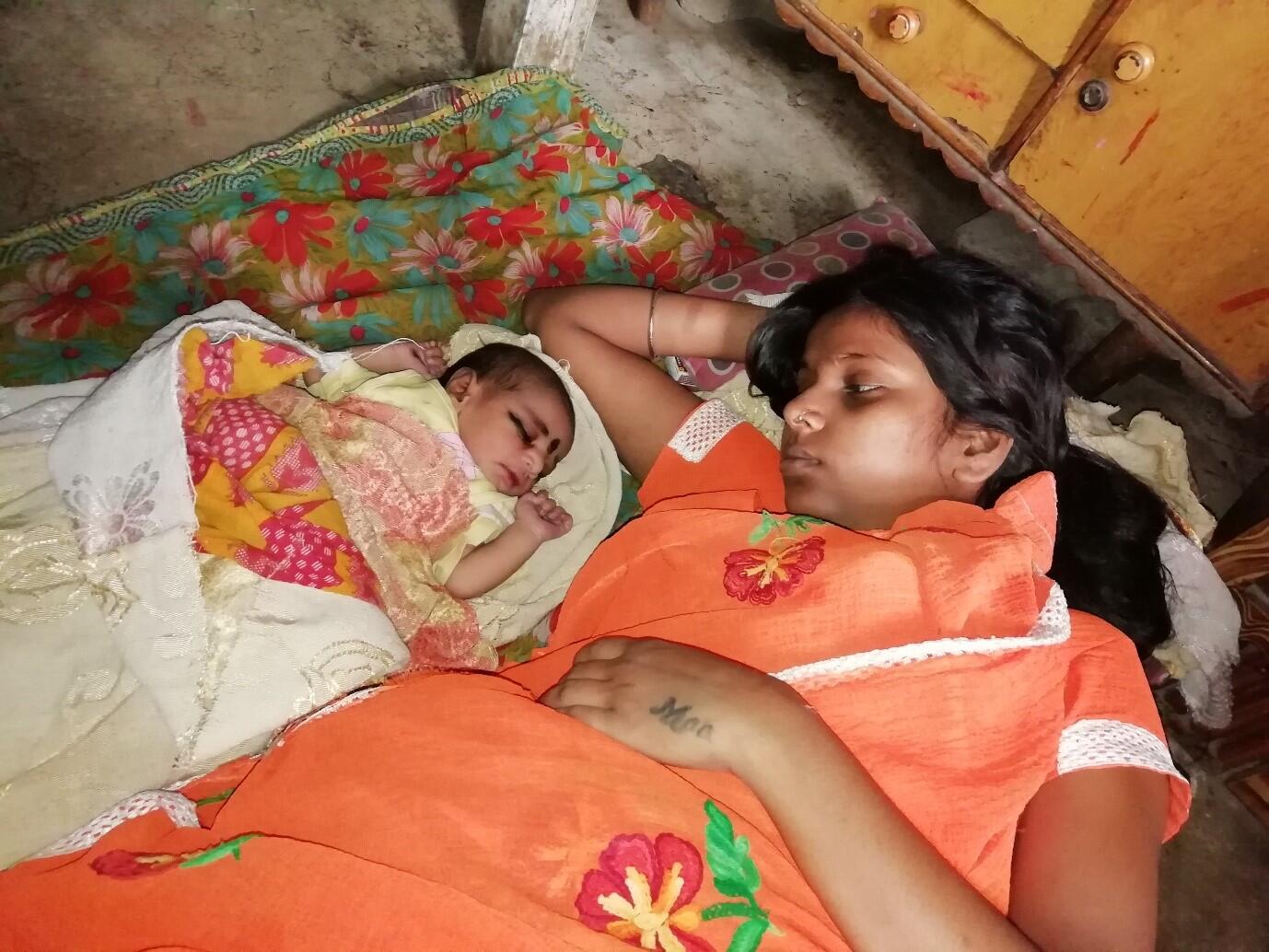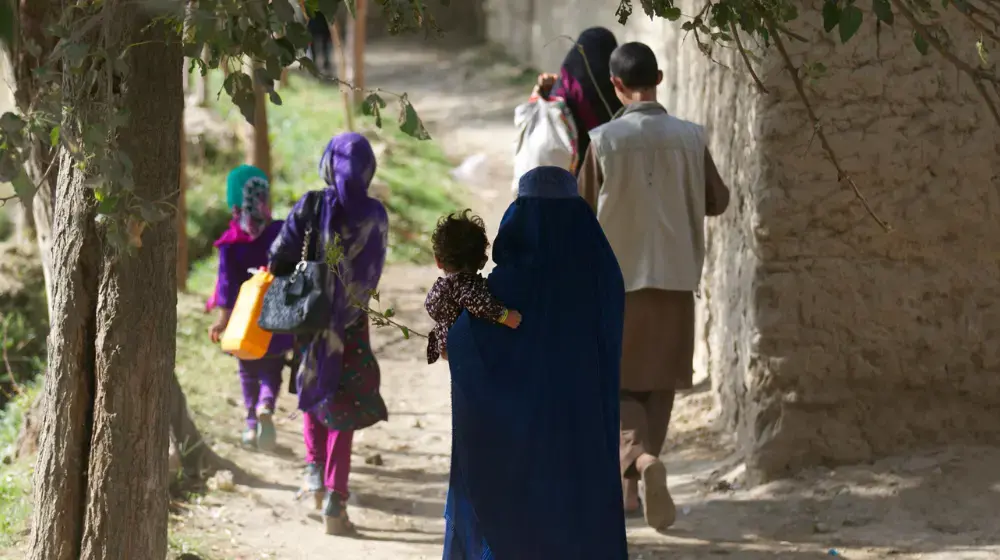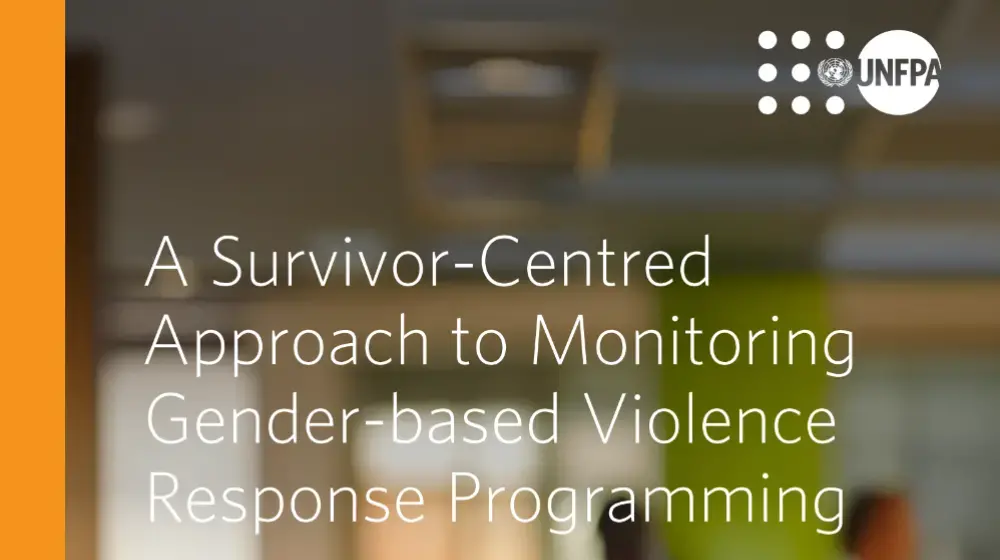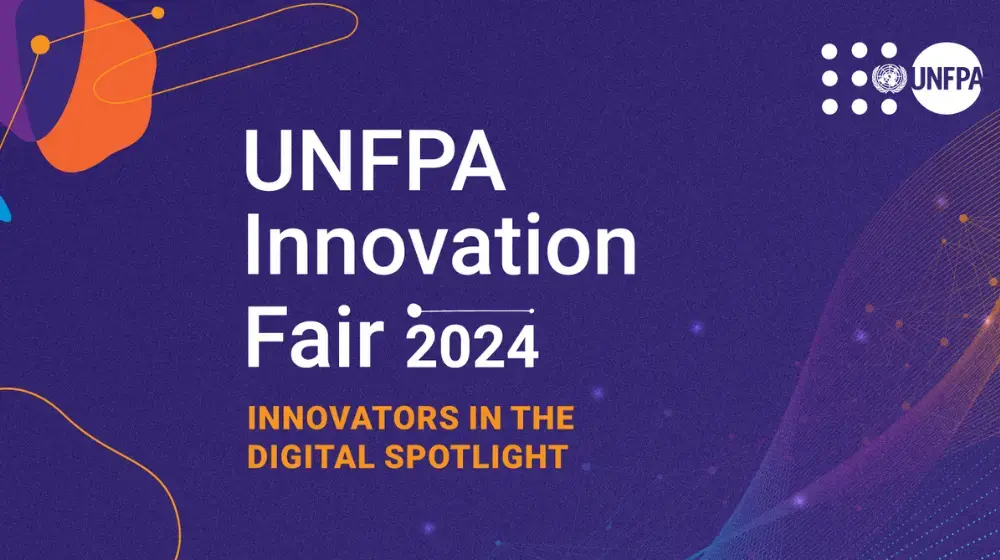Kathmandu/Bangkok/New Delhi, 17 March 2021: Drastic cuts in the availability and use of essential public health services across South Asia due to COVID-19 may have contributed to an estimated 228,000 additional child deaths in 2020, according to a new United Nations report. Around 11,000 additional maternal deaths are also expected.
Clinics and other health facilities have been closed and many vital health and nutrition programmes halted as the region battles to contain COVID-19 cases, which numbered 11 million by the end of 2020.
The report, commissioned by UNICEF and supported by the World Health Organization (WHO) and the United Nations Population Fund (UNFPA), cites examples of the more severe service disruptions. They include an 80 per cent drop in the number of young children treated for severe acute malnutrition (SAM) in Nepal and Bangladesh, and a sharp drop in childhood immunizations in Pakistan and India.
“The fall-off of these critical services has had a devastating impact on the health and nutrition of the poorest families,” said UNICEF Regional Director for South Asia George Laryea-Adjei. “It is absolutely vital that these services are fully restored for children and mothers who are in desperate need of them, and that everything possible is done to ensure that people feel safe to use them.”
The report calls for making essential health services for pregnant women, adolescents and young infants a topmost priority. Strengthening supply chains for the delivery of vaccines and other essential childhood medicines is also vital.
“Maintaining essential health services is an important pillar of WHO’s COVID-19 response strategy,” said Dr Poonam Khetrapal Singh, Regional Director of the WHO South-East Asia Region. “Countries in the region have been focusing efforts on continuation and restoration of essential services, as disruption would only increase the risk of deaths from preventable causes.”
Some 420 million children in South Asia remain out of school due to pandemic control measures. The report warns that 4.5 million girls are likely to never return to school, and are at particular risk due to deteriorating access to sexual and reproductive health and information services.
“Given the cultural and social context of South Asia, the suspension of these services is deepening inequalities and is likely to lead to an increase in the number of maternal and neonatal deaths,” said Bjorn Andersson, Asia-Pacific Regional Director of UNFPA. “There are also likely to be an additional 3.5 million unintended pregnancies in this region.”
Focusing on South Asia’s six most populous countries (Afghanistan, Bangladesh, Nepal, India, Pakistan and Sri Lanka), the report notes that the increased levels of unemployment, poverty and food insecurity caused by the pandemic have further undermined public health.
The report calls for cash transfer programmes for the poorest families. It welcomes the various national social safety net programmes put in place since the start of the pandemic, but notes that their full impact still needs to be evaluated.
####
Notes for Editors:
Access Full Report and the 4-page summary from here.
Download multimedia here.
About WHO
WHO South-East Asia is home to over a quarter of the world’s population. Committed to building a better, healthier future for the nearly two billion people in the Region, WHO is working with the 11 Member States to address persisting and emerging epidemiological and demographic challenges. The Region has eight flagship priority programmes: Reducing maternal, under-five and neonatal mortality; measles and rubella elimination; preventing non-communicable diseases; universal health coverage with a focus on human resources for health and essential medicines; combating antimicrobial resistance; scaling up capacities for emergency risk management; eliminating neglected tropical diseases and accelerating efforts to end TB.
About UNFPA
The United Nations Population Fund is the UN’s sexual and reproductive health agency, working in over 150 countries to end maternal deaths, unmet need for family planning, and gender-based violence and harmful practices against women and girls. UNFPA’s mandate is grounded in gender equality and human rights, guided by the Programme of Action forged at the 1994 International Conference on Population and Development (ICPD). UNFPA’s Asia-Pacific Regional Office covers 22 countries in Asia and 14 countries in the Pacific. For more on our COVID-19 response, visit www.unfpa.org/COVID19. Follow our Asia-Pacific Regional Office on Twitter, Facebook and Instagram. Join our multimedia initiative Humans of ICPD on Facebook and Instagram.
About UNICEF
UNICEF works in some of the world’s toughest places, to reach the world’s most disadvantaged children. Across more than 190 countries and territories, we work for every child, everywhere, to build a better world for everyone.
UNICEF’s Regional Office for South Asia (ROSA) works with UNICEF Country Offices in Afghanistan, Bangladesh, Bhutan, India, the Maldives, Nepal, Pakistan and Sri Lanka to help to save children’s lives, defend their rights, and help them fulfil their potential. For more information about UNICEF’s work for children in South Asia, visit www.unicef.org/rosa and follow UNICEF ROSA on Twitter and Facebook.
For more information about COVID-19, click here.
For media inquiries, contact:
- Eliane Luthi, Regional Chief of Communication, UNICEF Regional Office for South Asia eluthi@unicef.org, +977 98010 30076
- Roy Wadia, Regional Communications Advisor, UNFPA Asia and the Pacific Regional Office, wadia@unfpa.org, +66 (0) 84 875 2634
- Shamila Sharma, Public Information and Advocacy Officer, WHO South-East Asia Regional Office, sharmasha@who.int, +91 98182 87256





